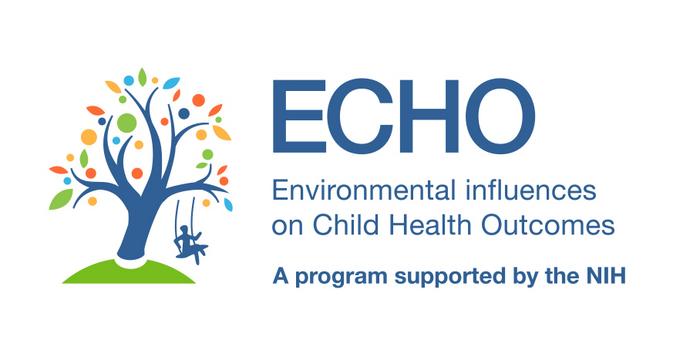Collaborative ECHO Cohort research led by Phillip Sherlock, PhD; Maxwell Mansolf, PhD; and Courtney Blackwell, PhD of Northwestern University investigates the COVID-19 pandemic’s impacts on adolescents’ mental health. The findings suggest that some teens with a history of depression, anxiety, autism, and ADHD experienced more severe impacts than those without. This research, titled “Life Satisfaction for Adolescents with Developmental and Behavioral Disabilities during the COVID-19 Pandemic,” is published in Pediatric Research.

Credit: ECHO Program/NIH
Collaborative ECHO Cohort research led by Phillip Sherlock, PhD; Maxwell Mansolf, PhD; and Courtney Blackwell, PhD of Northwestern University investigates the COVID-19 pandemic’s impacts on adolescents’ mental health. The findings suggest that some teens with a history of depression, anxiety, autism, and ADHD experienced more severe impacts than those without. This research, titled “Life Satisfaction for Adolescents with Developmental and Behavioral Disabilities during the COVID-19 Pandemic,” is published in Pediatric Research.
Although researchers have looked at how the COVID-19 pandemic affected the mental health of children of all ages, few studies have examined the pandemic’s impact on children and teens with pre-existing mental, emotional, behavioral, and developmental (MEBD) disabilities such as depression, anxiety, ADHD, and autism spectrum disorder.
Health policies implemented to prevent the spread of COVID-19 disrupted normal activities for children and families. Schools paused in-person learning, extracurricular activities were canceled, and stay-at-home orders meant children spent more time quarantined with family members instead of engaging with friends and peers.
Adolescence is a critical period for social development. Researchers aimed to identify the groups of adolescents most affected by the pandemic to provide mental health practitioners, pediatricians, and family physicians with better information on potential intervention and prevention practices particularly vulnerable adolescents in the future.
This study included data collected from 1,084 adolescents ages 11–21 years old and their caregivers and included individuals with and without disabilities from seven ECHO observational research sites in the U.S. In addition to using existing ECHO Cohort data about adolescents and their families, researchers administered a COVID-19-specific survey to better understand the physical, mental, and social impact of the pandemic on young people and their families.
This study found that when exposed to certain stresses during the COVID-19 pandemic, adolescents with a history of depression, anxiety, autism spectrum disorder, or ADHD had lower life satisfaction compared to their peers. These stressors included social isolation, stress related to medical care access and fears about the pandemic, and living in a single-caregiver household. Additionally, 80% of adolescents, regardless of pre-existing conditions, reported decreases in social connectedness during the COVID-19 pandemic. Although the negative effects of decreased social connectedness were amplified among adolescents with MEBD disabilities, this risk factor was widespread among the majority of adolescents.
“This study allowed us to identify the groups of adolescents with disabilities who are most vulnerable and may need additional support during future emergencies,” Dr. Sherlock said. “This study also highlights the importance of interventions aimed specifically at increasing social connectedness, family engagement, and access to medical support for all adolescents, and especially for those with disabilities.”
This study revealed potential differences between adolescents with disabilities and their peers in terms of life satisfaction. Future research might include studies that focus on the vulnerable subgroups identified in this study. Future studies may also investigate the long-term effects of decreased social connectedness and other risks resulting from the COVID-19 pandemic during developmentally critical time periods.
Read the research summary.
Journal
Pediatric Research
DOI
10.1038/s41390-023-02852-3
Method of Research
Observational study
Subject of Research
People
Article Title
Life satisfaction for adolescents with developmental and behavioral disabilities during the COVID-19 pandemic
Article Publication Date
24-Oct-2023




